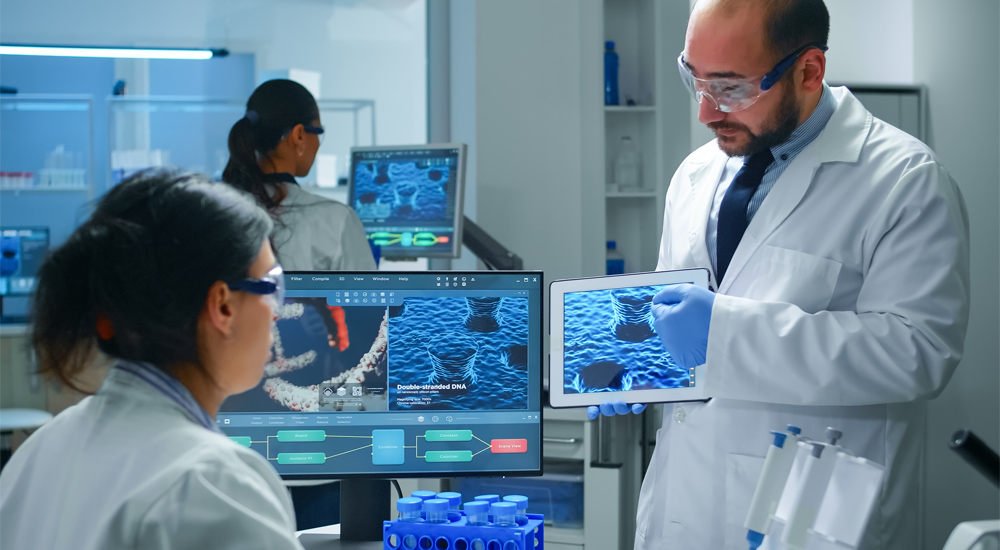Multimodality Care for Colon Cancer Patients in Pune
Care for people diagnosed with cancer does not end when active treatment has finished. Your healthcare team will continue to check to make sure the cancer has not come back, manage any side effects, and monitor your overall health. This is called follow-up care.
In Pune, a city known for its world-class healthcare facilities, you can find dedicated specialists to provide comprehensive care for colon cancer patients. From experienced doctors to skilled surgeons and cancer specialists, Pune offers a wide range of services to ensure the well-being of individuals diagnosed with colon cancer.

Colon Cancer Doctor in Pune
When it comes to colon cancer, finding the right doctor is paramount. Pune boasts a pool of highly qualified and experienced colon cancer doctors who are committed to delivering top-notch care. These specialists understand the nuances of colon cancer and can guide you through every step of your journey, from diagnosis to recovery.
Colon Cancer Specialist in Pune
A colon cancer specialist in Pune is equipped with the latest knowledge and cutting-edge technologies to provide you with the best treatment options available. These specialists offer personalized care plans tailored to your specific needs, ensuring you receive the most effective treatment while minimizing side effects.
Colon Cancer Surgeon in Pune
If surgery is part of your treatment plan, Pune offers access to skilled colon cancer surgeons. These surgeons have a wealth of experience in performing colon cancer surgeries, including minimally invasive techniques that reduce recovery time and discomfort. They work closely with your medical team to ensure a seamless and successful surgical experience.
Follow-up Care for Colon Cancer Patients
Your follow-up care may include regular physical examinations, medical tests, or both. Doctors want to keep track of your recovery in the months and years ahead. Follow-up care is especially important in the first 5 years after treatment for colorectal cancer because this is when the risk of recurrence is highest.
Cancer rehabilitation may be recommended, and this could mean any of a wide range of services, such as physical therapy, career counseling, pain management, nutritional planning, and/or emotional counseling. The goal of rehabilitation is to help people regain control over many aspects of their lives and remain as independent as possible.
Watching for Recurrence
One goal of follow-up care is to check for a recurrence, which means that the cancer has come back. Cancer recurs because small areas of cancer cells may remain undetected in the body. Over time, these cells may increase in number until they show up on test results or cause signs or symptoms. During follow-up care, a doctor familiar with your medical history can give you personalized information about your risk of recurrence.
Recommended Follow-up Care
The tests your doctor recommends and how often you need to have them will be based on your risk of recurrence and your overall health. In general, you will visit your doctor and receive follow-up screening every 3 to 6 months for 5 years after diagnosis. It is important to remember that different people have different risks of recurrence, so it is important to talk with your doctor about the possibility of the cancer coming back.
Follow-up Care Recommendations
For patients who had stage II or stage III colorectal cancer, the following follow-up care recommendations are typically made:
First Year After Treatment
- Physical examination and CEA testing every 3 to 6 months
- Abdominal and chest CT scan each year (every 6 to 12 months for people with a high risk of recurrence)
- For people with rectal cancer, pelvic CT scan every 6 to 12 months
- Colonoscopy 1 year after surgery
- Rectosigmoidoscopy every 6 months for people with rectal cancer who did not have radiation therapy to the pelvis.
Second Year After Treatment
- Physical examination and CEA testing every 3 to 6 months
- CT scan each year (every 6 to 12 months for people with a high risk of recurrence)
- For people with rectal cancer, pelvic CT scan every 6 to 12 months
- Rectosigmoidoscopy every 6 months for people with rectal cancer who did not have radiation therapy to the pelvis.
Third Year After Treatment
- Physical examination and CEA testing every 3 to 6 months
- CT scan each year (every 6 to 12 months for people with a high risk of recurrence)
- For people with rectal cancer, pelvic CT scan every 6 to 12 months
- Rectosigmoidoscopy every 6 months for people with rectal cancer who did not have radiation therapy to the pelvis.
Fifth Year After Treatment
- Physical examination and CEA testing every 3 to 6 months
- For people with rectal cancer, pelvic CT scan each year
- Rectosigmoidoscopy every 6 months for people with rectal cancer who did not have radiation therapy to the pelvis.
In Pune, colon cancer patients can access comprehensive follow-up care to ensure their continued well-being and recovery. With a dedicated healthcare team, state-of-the-art facilities, and a commitment to patient-centric care, Pune is a hub for colon cancer treatment and support.
